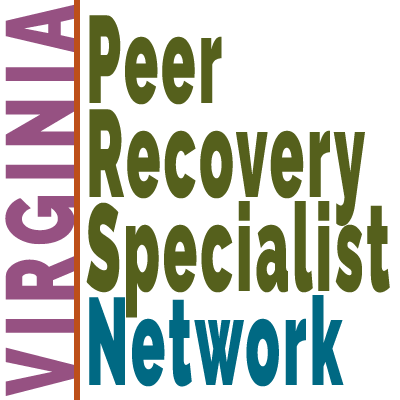Blog
The Science of Gratitude
As we approach Thanksgiving this week, let’s give thanks to all the turkeys who bravely give their lives so that we can have a tryptophan-sponsored nap (or several)!
**This just in: Apparently, turkey’s are NOT grateful for Thanksgiving, who knew!!!**
Yes, this is an article about Thanksgiving and one that focuses on gratitude. Yes, you’re probably tired of hearing about gratitude. Hang tight, this article is useful professionally for you, I promise.
One of the ways peer recovery specialists support their peers is to offer new perspective(s) about life as a tool to improve personal recovery. Among these changes in perspective is a powerful attitudinal shift that occurs when a peer begins to apply gratitude to their life perspective. Many peers can attest to how gratitude has changed their life for the better. Good news: science backs it up!
Research now shows being grateful can also support greater health, happiness, and wisdom in ourselves and our communities. So much so that, “ the Greater Good Science Center at the University of California, Berkeley—a leader in research on the science of social and emotional well-being—describes gratitude as the “social glue” key to building and nurturing strong relationships.” It has also shown that grateful people (those who have “trait gratitude”) have fewer common health complaints, such as headaches, digestion issues, respiratory infections, runny noses, dizziness, and sleep problems.”
One type of exercise a peer can engage in to increase their gratitude is to write out a list of three things for which they are grateful and WHY. Do not forget to answer the ‘why’ for your gratitude. For example:
- I am grateful for a refrigerator full of food. Why? Many people do not even have a refrigerator to fill.
- I am grateful for clean air to breathe every moment of every day. Rumor has it air enhances life! If you don’t believe me, try deep breathing. Learn about it here: Deep Breathing Info
- I am grateful this article is almost over. Why? Because then I can start writing my own grateful list so I can feel even better!
What does all this mean for your work as a PRS? If you support a peer who needs a little more coaxing about the benefits of gratitude, you now have some science you can share with them. We all need a little coaxing from time to time. Science has a way of doing that because facts can be life-changing.
Being thankful is the small pebble skipped across the ripples of our brain that produces beautiful rings of help, hope and healing by increasing positive thoughts, changing our perspective and reducing negative thoughts. I am grateful you agree!
~ Chris Newcomb

